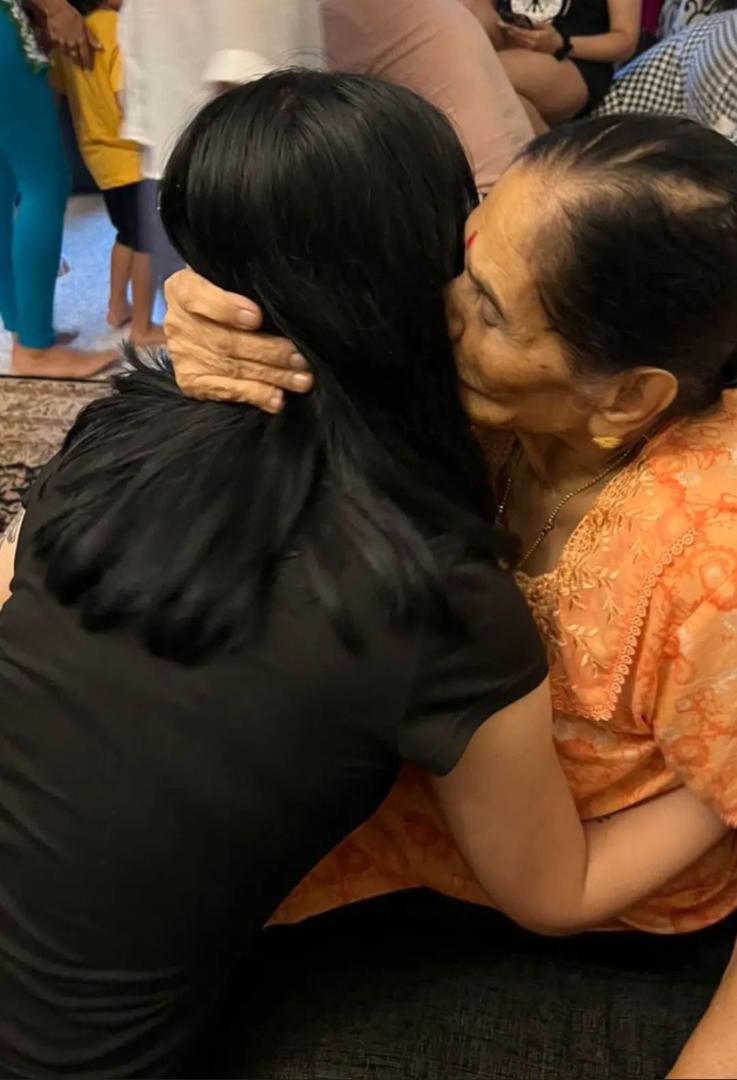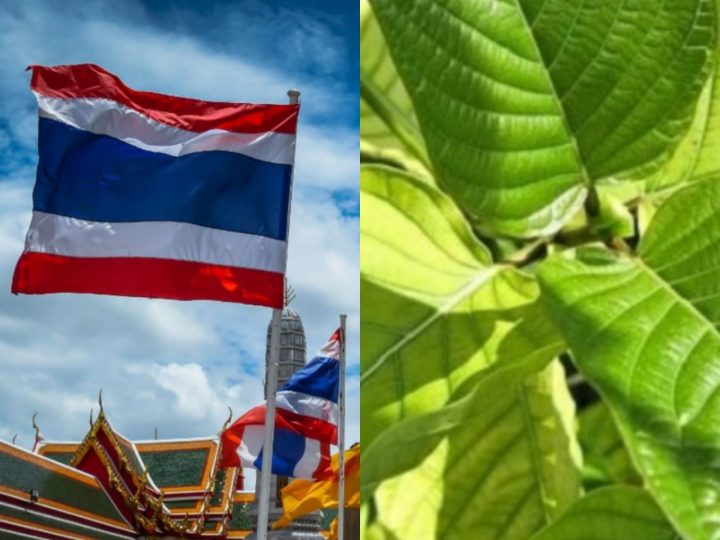Confessions Of A (Tragically Mistaken) Novice Griever
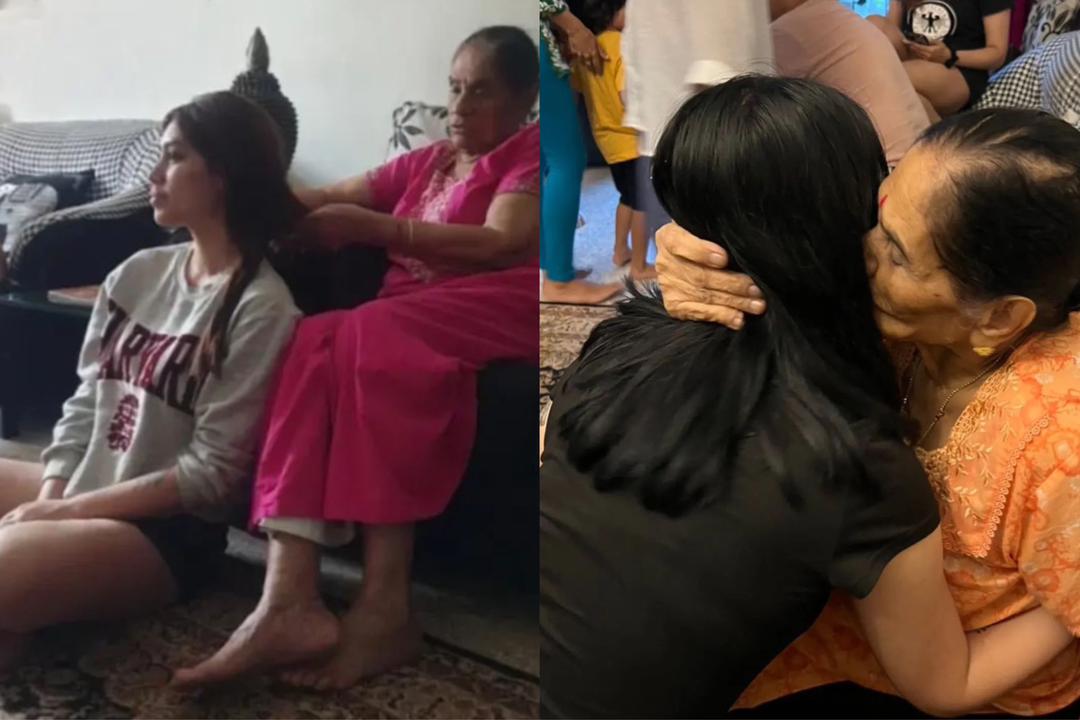 Thirsty for JUICE content? Quench your cravings on our Instagram, TikTok and WhatsApp
Thirsty for JUICE content? Quench your cravings on our Instagram, TikTok and WhatsApp

Is there no other term for one who mourns?
Not a victim, not a pawn, scarcely a casualty. We are termed “grievers,” as if it were a profession. I know now that it also feels as such: a devotion, a labour. A perpetual contract.
This sensation, though recently acquainted, has long piqued my curiosity. I never had a ready answer to that age-old query: “Whom would you resurrect, given the chance?” My responses, truth be told, were crafted to console others rather than myself.
I would summon my grandfather, so he could come over for dinner with my mother, and I’d relish the act of setting the table for them. In her dreams, he did not pass away when she was 16. She made it into the airlines, and he got to share her maiden flight.
My colleague would reclaim his mother, so she could tell him it was okay if his new life was meant to unfold in a country 10,000 kilometres away from her burial site.
That is what death has been to me—an awareness of what we most yearn to hear; the power of an unanswered question, and the stark, insistent presence of an absence. There is no one you feel closer to than the person who isn’t in the room.
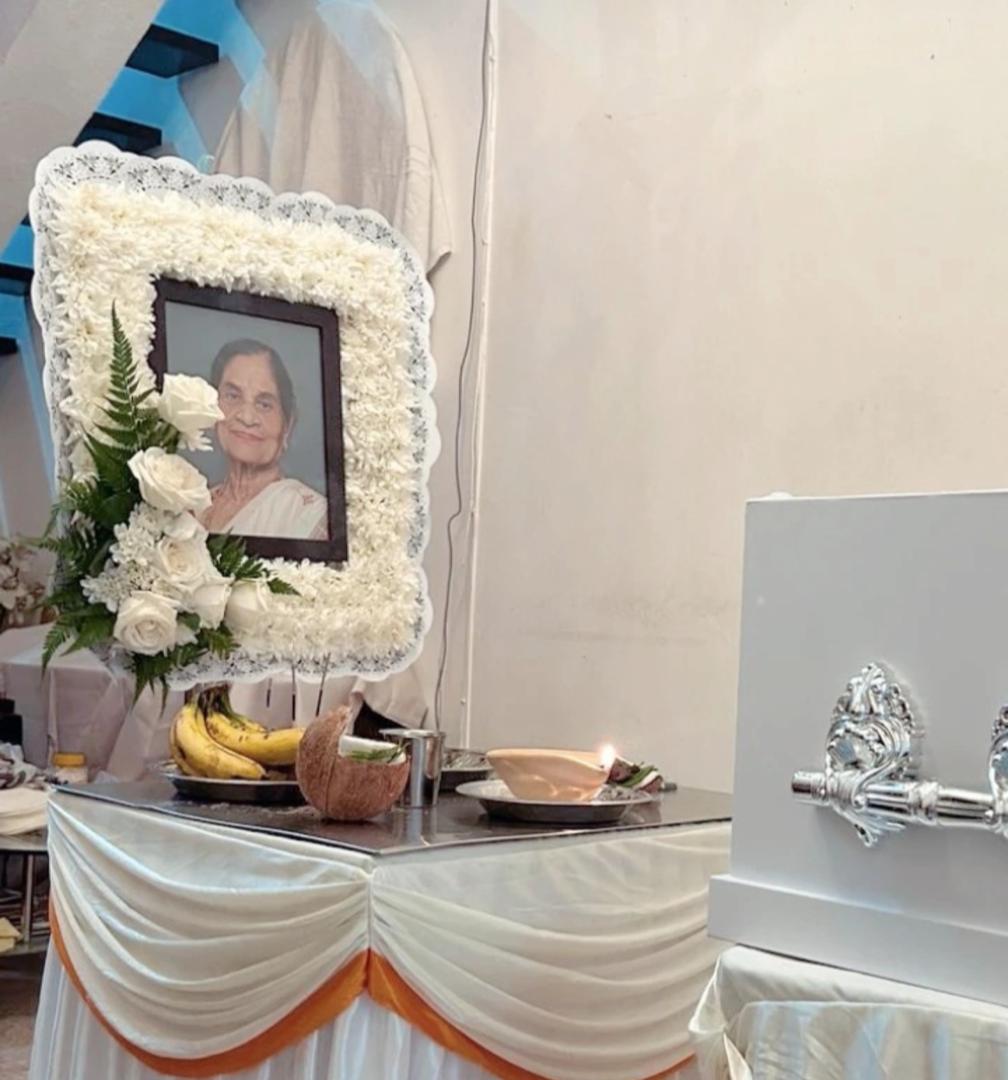
This is what I learned, in June, when our living room overflowed with family members and priests, so full that half of them had to stand in the garden—yet the heaviest, most laden floor was the one under my grandmother’s now-empty bed.
Full disclosure: I have always been somewhat close with her. As a child, I would find myself in her embrace almost every weekend, and as I grew older, I moved into the house right beside hers.
She would prepare meals for us, my cousin and I—repeating the same dish all week if we happened to praise it, insisting on extra scoops of rice that I knew I’d end up feeding to the pigeons.
She’d braid my hair with expert precision, chide me when I cut it too short, and remark how my five left earrings glimmered like lightning when the sun found them. It was this, and more; shared glances, inside jokes, you get me. I loved her, but I did not think I needed her all that much.
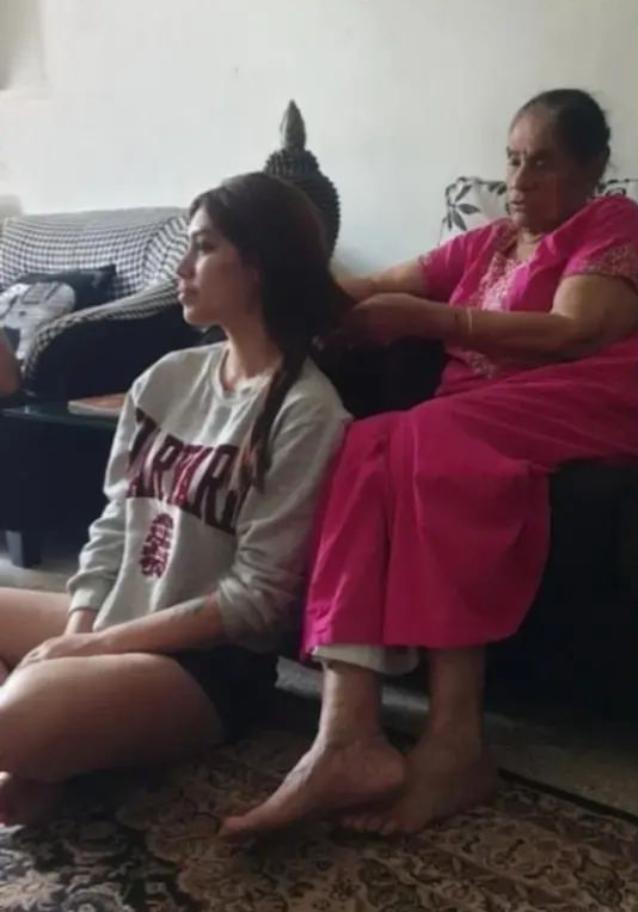
I often think, when I wake up in the middle of the night, that at least one of my cousins must be awake, thinking of her. I know pillows are still damp, tissue boxes depleted. What I didn’t anticipate is questioning whether shedding tears of my own would render me a performative fraud.
I did not cry at her funeral. Instead, I smiled and greeted relatives and friends, wandering through the house with a silky white bow in my hair, as if nothing could unmoor me. It was only at her cremation that the tears came, when I realised I would henceforth see her only as bone and ash; beyond touch, beyond words, beyond apology.
So, here I have discovered an answer to yet another of my previously unanswered questions: What is the worst emotion a person can feel? I used to lean towards anger—unrelenting fury. Later, I thought it might be guilt.
As I grew older and reflected on what a difficult child I had been for my mother to raise, I settled on ‘regret’. Now, I understand there exists an emotion that combines all three.
In your sanctuary, there is no room for coldness or aloofness. The gap you create between yourself and the hand that smears bhasma on your forehead is no refuge. Instead, that space furnishes itself with chairs of shame and tables of despair, and that hand will come to offer them to you, garnished with a side of ‘I wish’.
This grieving, to me, has been indeed painful—but I wish I could select the nature of this pain. I wish it were a pure ache, whereby I could simply miss her and believe she might miss me in return. I wish I could enter her room and sense her presence, knowing it is a deliberate acknowledgment meant for me.
I wish I had called her when I thought of her that Thursday, instead of waiting for the weekend that never came. I wish I didn’t have to wish her happy birthday in the sky.


 Get Audio+
Get Audio+ Hot FM
Hot FM Kool 101
Kool 101 Eight FM
Eight FM Fly FM
Fly FM Molek FM
Molek FM